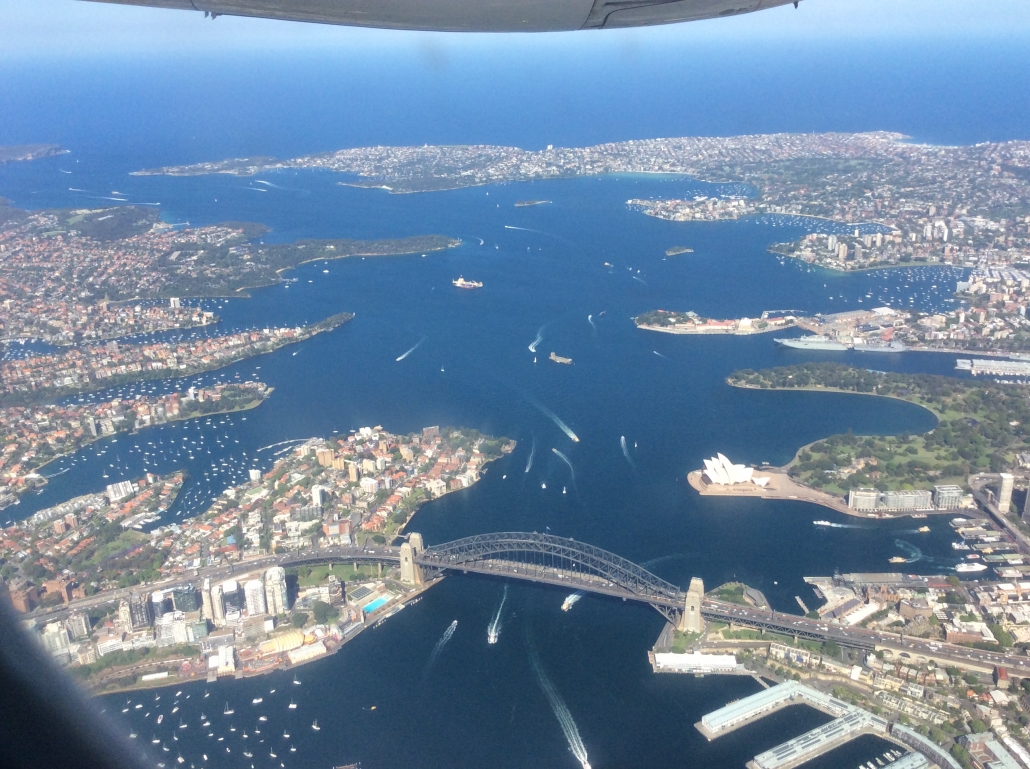
mental health travel
Work Travel – Is It Affecting Your Mental Health?
As I travel across Australia and New Zealand for my work, I spend a lot of time away from home — in airport terminals, aeroplanes, cars, taxis and hotel rooms. The aerial view photos when flying high are fabulous, Instagram-worthy even, but the reality is a different story. I don’t like leaving home or my family. Nor do I love flying.
This is common feeling for many FIFO workers, athletes and sporting teams and people who travel for work — it’s a form of separation anxiety in adults. Airports are filled with people coming and going, many of whom are experiencing some form of stress or anxiety.
In this article, I’ll be explaining what separation anxiety is and how it can affect mental health in the long-term. I’ll also be sharing 3 tips to help you manage separation anxiety when you travel for work.
What is Separation Anxiety?
Separation anxiety refers to excessive fear or worries about separation from another person such a family member or friend, from pets or from your home. Generally thought to be associated with children, separation anxiety is now acknowledged as a condition commonly experienced by adults when they travel.
Symptoms include:
- Feelings of overwhelm and sadness
- Worry
- Frustration, anger or rage
- Guilt
- Jealousy
- Depressed mood
These feelings and emotions can impact behavior. A person experiencing separation anxiety may find themselves being:
- Impatient, argumentative, aggressive or violent
- Rude, short-tempered or cranky
- Withdrawn emotionally, physically or sexually
- Needy, overly dependent or demanding
They may also:
- Drink excessively
- Chain smoke or take drugs
- Binge eat or experience loss of appetite
- Suffer from insomnia or broken sleep
Symptoms often begin days before travel and can vary in severity. A reluctance to leave home is normal and leaving the comfort and familiarity of your routine and surroundings can feel disruptive and disconcerting.
If you have to travel a lot for work, the reluctance to leave often increases, and reactions intensify.
The impact of separation anxiety on mental health
Separation due to travel can impact the whole family including partners, children and extended family members. The cycle of coming and going, unless managed efficiently, can have dire effects on relationships.
Not only does separation anxiety affect relationships, it can also have a negative impact on mental health long-term. It may lead to:
- Panic attacks
- Anxiety disorder
- Depression
- Self-harm
- Risky behaviour
- Suicidal thoughts
- Addictive behaviours
How to deal with separation anxiety
Here’s 3 tips to deal with separation anxiety
Tip #1 – Become more self-aware
Self-awareness involves feeling an emotion and then taking time to reflect on that emotion. When you become more self-aware, you can easily recognise emotional triggers and this is key to understanding your emotions and behaviours.
Tip #2 – Tell people how you’re feeling
Expressing your emotions to your partner, friends or family members and telling them how you’re feeling is essential. Don’t bottle things up and suffer in silence. With the support of your loved ones, you can create a travel routine that works for the whole family.
Tip #3 – Practice emotional regulation
Once you’ve acknowledged your emotions, you’ll be able to control how you’re feeling more efficiently. Rather than be reactive to the situation, you can be emotionally proactive. You’ll be able recognise the signs of separation anxiety and therefore control your emotions accordingly.
Travel with ease
If you regularly travel for work, be assured that separation anxiety is very common. Becoming more self-aware and reflecting on your emotions, telling loved ones how you feel and practicing emotional regulation will help ease the stress and anxiety associated with work travel and improve your mental health.
over to you
If you liked this article, please share with friends and family who travel lots for work.


